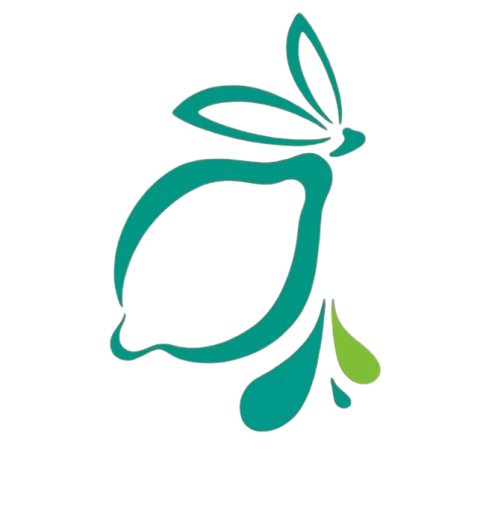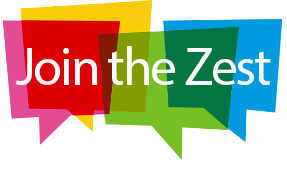Operations Manager
Title: Operations Manager
Reports to: Director of Operations
General Responsibilities: Plan, manage and coordinate all details for client events, including coordination of décor, vendors, crew scheduling and budget management.
Personnel Managed: Event personnel (based on the needs of each individual event)
Duties:
Plans Events
Collaborates on proposal creation with other OMs, sales personnel or marketing as needed
Event design and timeline creation and management
Hotel RFP creation and management
Conduct site inspections
Create diagrams
Vendor sourcing, contracting, management
Event specifications guide creation and management
Binder creation and management
Manages Events
Purchasing of supplies
Banquet event order creation and management
Project budget creation and management
Cost sheets
Receipts
Invoice initiation
Client and attendee communication
Hotel room block management
Travel management
On-site set up management and assistance
Registration management
Load sheet creation
General
Manage time, workload, and staff in order to deliver excellent customer service
Analyze internal processes and recommend and implement procedural or policy changes to improve operations
Conduct classes to teach procedures to staff as needed.
Other duties as assigned
Skills:
Talking to and communicating with others to convey information effectively.
Giving full attention to what other people are saying, taking time to understand the points being made, asking questions as appropriate, and not interrupting at inappropriate times.
Understanding written sentences and paragraphs in work related documents.
Communicating effectively orally, and in writing as appropriate for the needs of the audience.
Using logic and reasoning to identify the strengths and weaknesses of alternative solutions, conclusions or approaches to problems.
Adjusting actions in relation to others’ actions.
Being aware of others’ reactions and understanding why they react as they do.
Actively looking for ways to help people.
Identifying complex problems and reviewing related information to develop and evaluate options and implement solutions.
Considering the relative costs and benefits of potential actions to choose the most appropriate one.
Determining how a system should work and how changes in conditions, operations, and the environment will affect outcomes.
Identifying measures or indicators of system performance and the actions needed to improve or correct performance, relative to the goals of the system.
Managing one’s own time and the time of others working under you for various projects.
Determining how money will be spent to get the work done, and accounting for these expenditures.
Obtaining and seeing to the appropriate use of equipment, facilities, and materials needed to do certain work.
Creating event and venue diagrams for binder and ESG inclusion.
Spreadsheets – Using a computer application to enter, manipulate, and format text and numerical data; insert, delete, and manipulate cells, rows, and columns; and create and save worksheets, charts, and graphs.
Financial Databases – Using a computer application to manage large amounts of information, including creating and editing simple databases, inputting data, retrieving specific records, and creating reports to communicate the information.
Internet – Navigating the Internet to find information, including the ability to open and configure standard browsers; use searches, hypertext references, and transfer protocols; and send and retrieve electronic mail (e-mail).
Navigation – Using scroll bars, a mouse, and dialog boxes to work within the computer’s operating system. Being able to access and switch between applications and files of interest.
Word Processing – Using a computer application to type text, insert pictures, format, edit, print, save, and retrieve word processing documents
Presentations – Using a computer application to create, manipulate, edit, and show virtual slide presentations.
Position Desired Qualifications
Bachelor’s degree in Hospitality or related field and 3+ years events experience preferred
CMP or equivalent preferred
Well versed in Microsoft Office Suite
Able and willing to provide a continually excellent customer service experience
Possess strong communication and interpersonal skills, verbal and written
Competent and professional, committed to top quality work, enthusiastic, dependable, self-motivated, eager to learn, capable of failure, adaptable, flexible & multi-tasker
Meticulous worker; attentive to quality and detail
Tolerance for ambiguity
Work well under pressure as part of a team
Understands that the event industry often requires demanding hours, sometimes including evenings and weekends


